Bo Staff Lessons
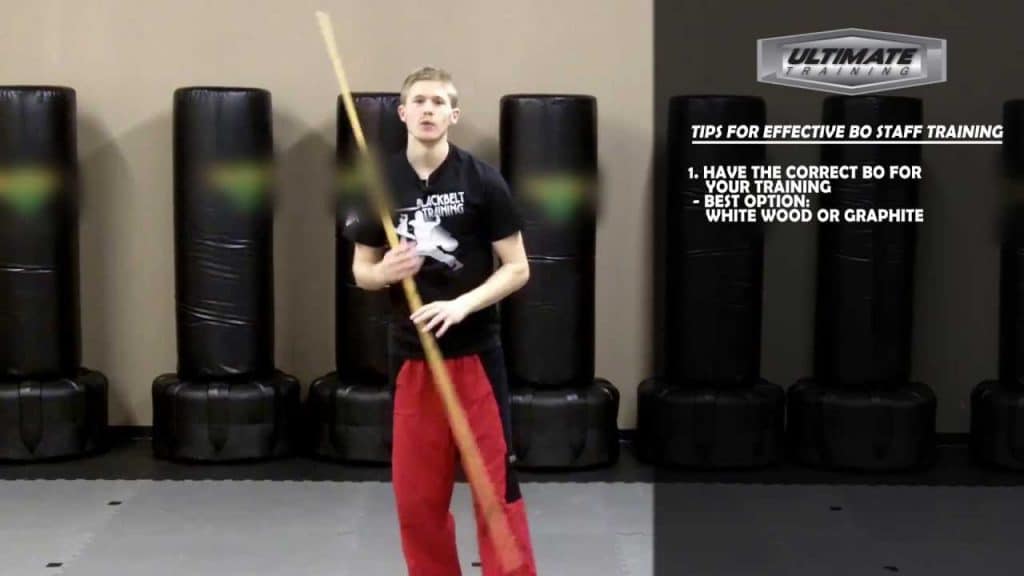
Bo Staff Mastery: Unlock Your Potential with Expert Training Tips by Michael Hodge Overview Of Learning The Bo Staff: Welcome to the definitive resource for mastering the art of the bo staff! Dive into the world of martial arts weaponry with Michael Hodge, a distinguished Master Instructor of Ultimate Training, as he unveils a series […]
Jiu Jitsu Street Fighting Tips

Jiu Jitsu Takedown Techniques
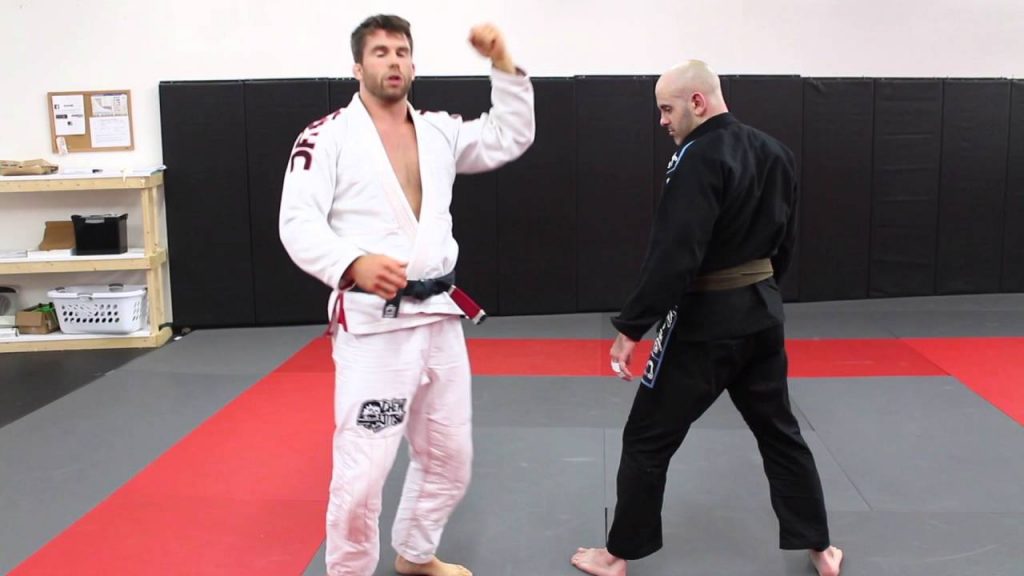
Jiu Jitsu Chokes
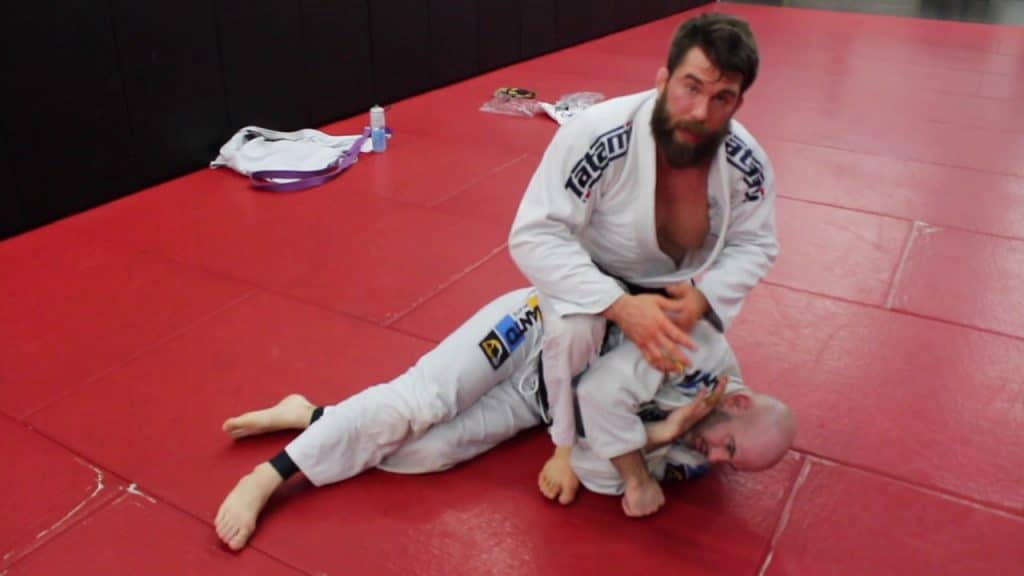
Chokehold Mastery: Unleashing the Power of Jiu Jitsu Chokes Unlocking Effective Techniques for Submission and Control Welcome to “Chokehold Mastery” where we delve deep into the world of Jiu Jitsu chokes, exploring the techniques and strategies that enable practitioners to achieve submission and control over their opponents. In this comprehensive guide, we’ll uncover the principles […]
Jiu Jitsu Leg Locks
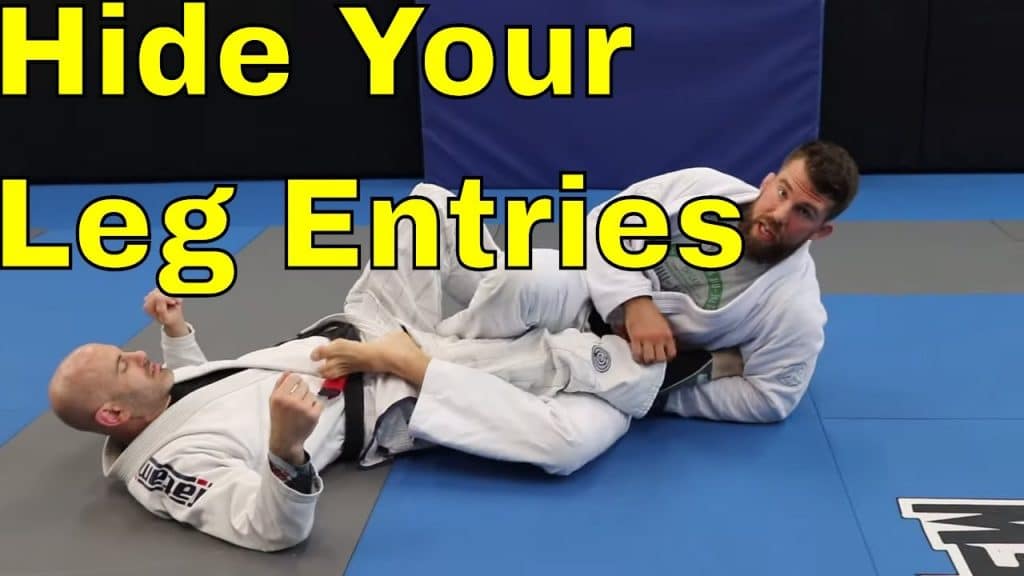
Unlocking the Secrets of Brazilian Jiu-Jitsu Leg Locks: Insights and Techniques by Chewjitsu Master the Art of Leg Lock Submission with Expert Instruction from Nick “Chewy” Albin Welcome to the ultimate guide to Brazilian Jiu-Jitsu leg locks! In this comprehensive series of instructional videos, renowned BJJ black belt and instructor Nick “Chewy” Albin shares his […]
Jiu Jitsu Half Guard Techniques
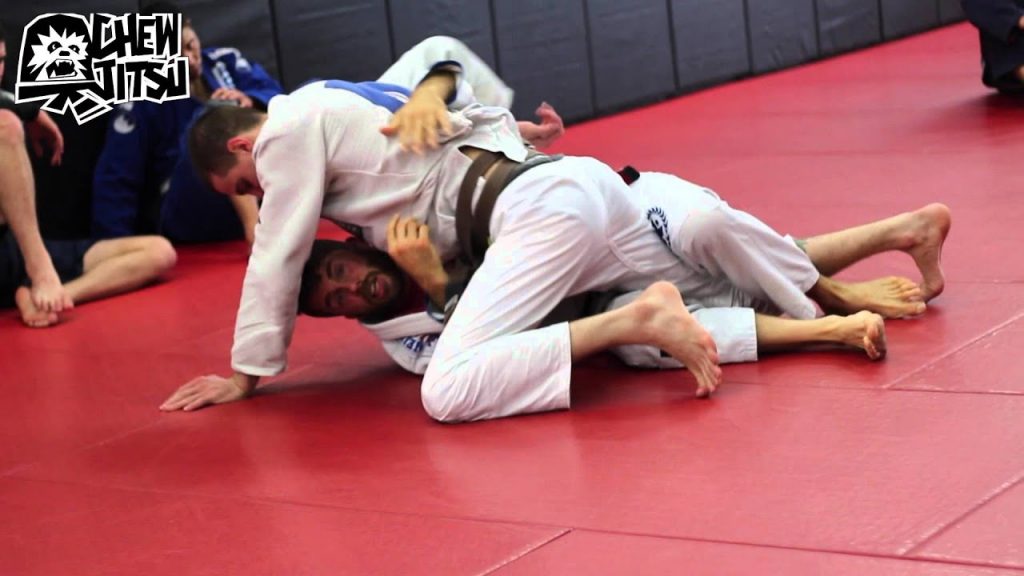
Exploring the Art of Half Guard: Enhance Your Skills with Chewjitsu’s Video Collection on YouTube For Brazilian Jiu Jitsu practitioners seeking to expand their repertoire and proficiency in the half guard position, Chewjitsu’s Half Guard Techniques playlist on YouTube serves as an invaluable resource. Led by the experienced black belt instructor Nick “Chewy” Albin, this […]
Jiu Jitsu Triangle Chokes
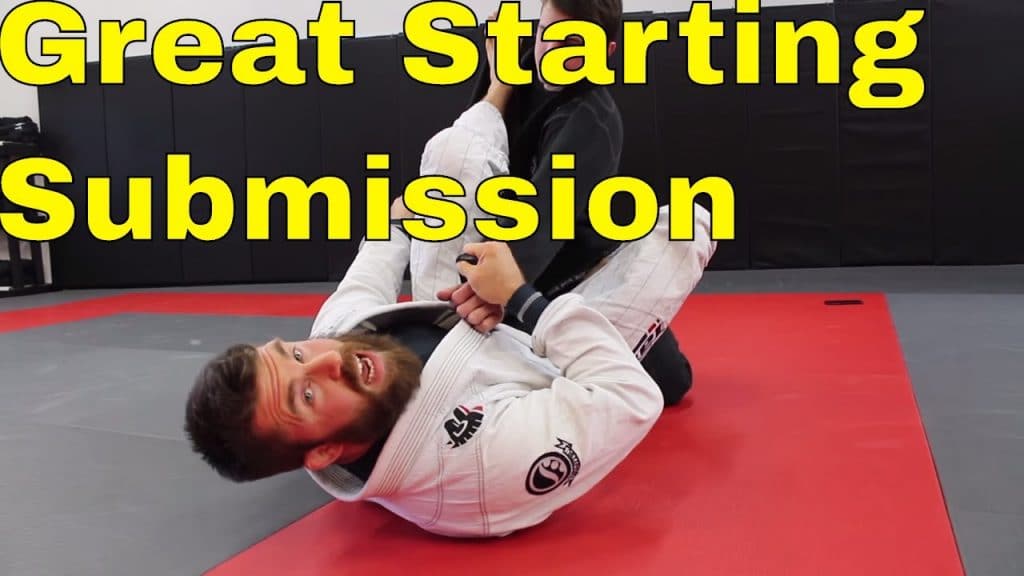
Unlocking the Power of Triangle Chokes: Your Ultimate Guide by Chewjitsu For Brazilian Jiu Jitsu practitioners seeking to expand their submission arsenal and add a potent weapon to their grappling repertoire, the triangle choke stands out as one of the most versatile and effective techniques in the art. Whether you’re a beginner looking to master […]
Jiu Jitsu Passing The Guard
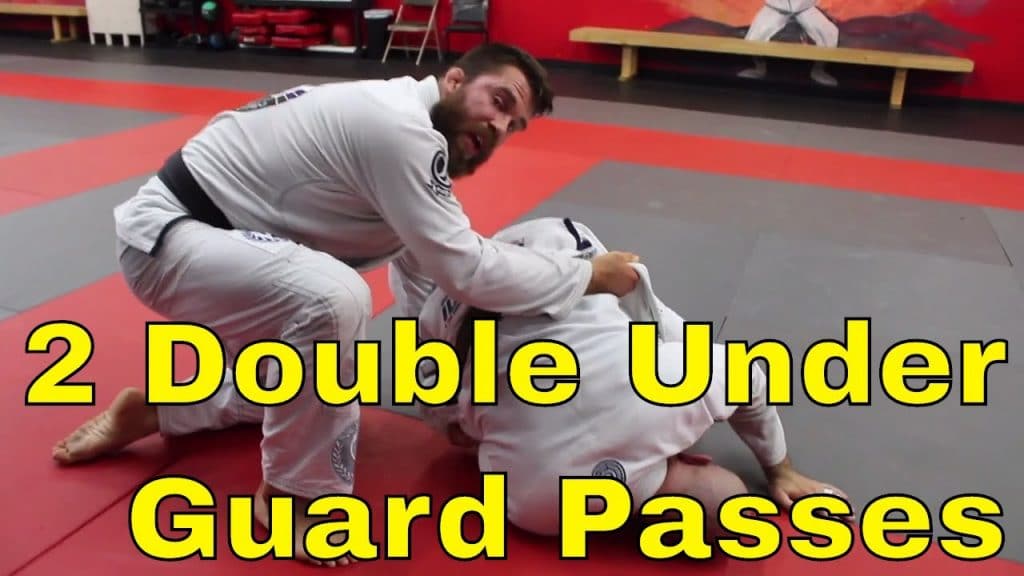
Unlocking Guard Passing Mastery: Dive Into Chewjitsu’s Extensive Video Collection on YouTube For Brazilian Jiu Jitsu practitioners seeking to refine their guard passing skills and elevate their game to new heights, Chewjitsu’s comprehensive video collection on YouTube is a treasure trove of invaluable resources. Led by the experienced black belt instructor Nick “Chewy” Albin, Chewjitsu […]
Jiu Jitsu White Belt Tips
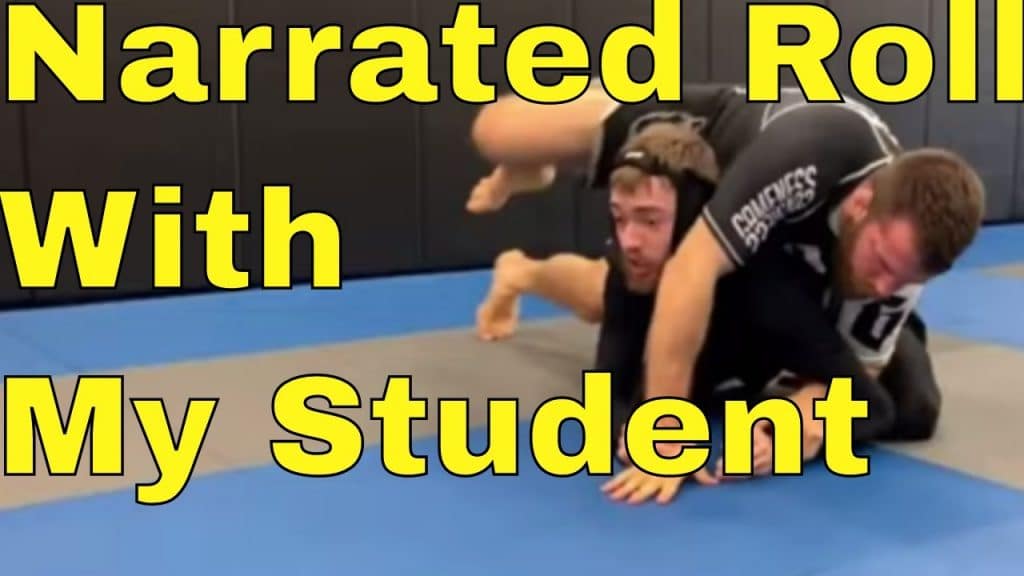
Essential Tips for Jiu Jitsu White Belts: Navigating the Journey to Mastery Embarking on your journey as a white belt in Brazilian Jiu Jitsu (BJJ) can be both exhilarating and daunting. As you step onto the mats for the first time, you enter a world of technique, strategy, and endless possibilities for growth. To help […]
Jiu Jitsu White Belt Techniques (beginner)

Foundations of Jiu Jitsu: Essential Techniques for White Belts (Beginner) Unlocking the Basics and Building Your Skill Set Welcome to “Foundations of Jiu Jitsu” where we delve into essential techniques tailored specifically for white belts and beginners in the art of Brazilian Jiu Jitsu (BJJ). In this curated video series, you’ll discover fundamental principles, positions, […]
Jiu Jitsu By Ken Primo

Jiu Jitsu By Knight

Exploring Jiu Jitsu: Techniques, Training, and Mastery with KnightJiu-Jitsu Jiu Jitsu is a martial art and combat sport that focuses on grappling and ground fighting. It emphasizes the use of leverage and technique to overcome opponents, regardless of size or strength. Originating from Japan, Jiu Jitsu has evolved over centuries and has various styles and […]
Krava Maga Defending Against Knife Threats
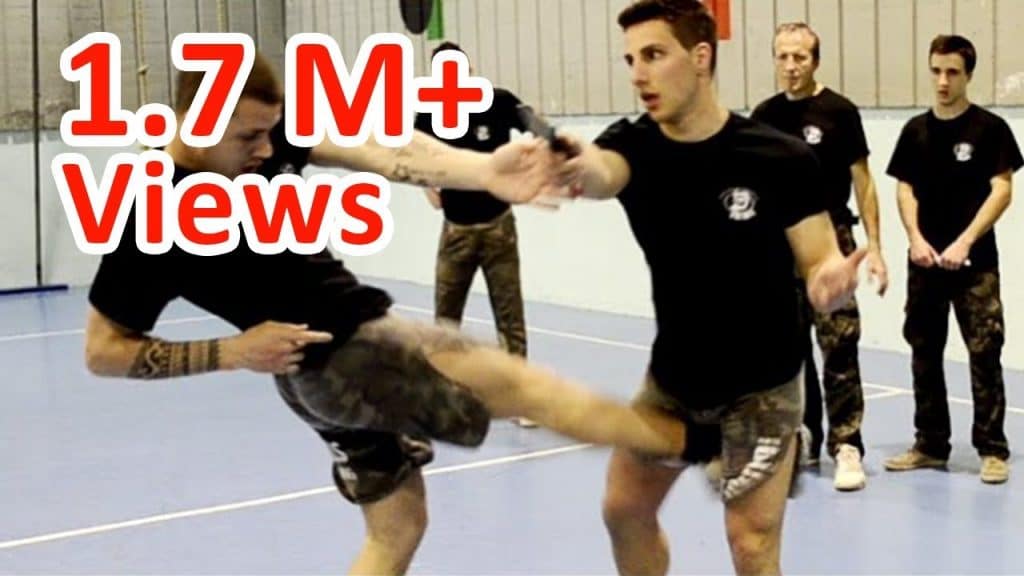
Knife Defense Mastery: Krav Maga Techniques for Defending Against Knife Threats Empowering Yourself with Effective Self-Defense Strategies Welcome to “Knife Defense Mastery,” where we delve into the world of Krav Maga to learn effective techniques for defending against knife threats. In this guide, we’ll explore practical and efficient self-defense strategies designed to help you protect […]
Krav Maga Gun & Rifle Disarming
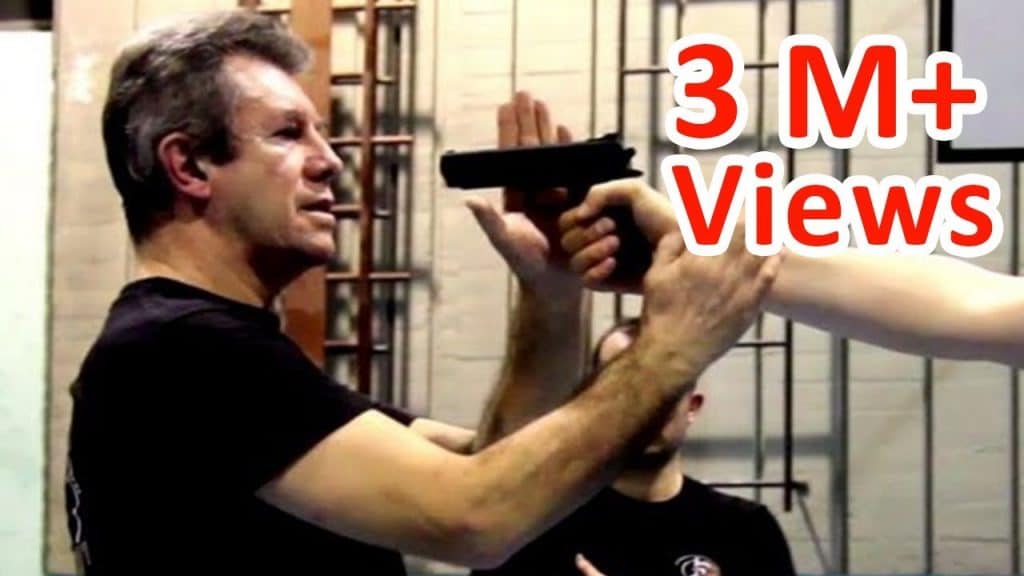
Defend Against Firearm Threats: Krav Maga Gun & Rifle Disarming Techniques Empower Yourself with Practical Self-Defense Skills for Real-Life Threats In an increasingly unpredictable world, the ability to defend against firearm threats is a crucial skill for personal safety and survival. Krav Maga, known for its practical and effective self-defense techniques, offers a comprehensive system […]
Krav Maga Fighting Techniques

Mastering Self-Defense: Exploring Krav Maga Fighting Techniques Empower Yourself with Practical Self-Defense Skills for Real-Life Situations In an unpredictable world where personal safety is paramount, mastering effective self-defense techniques is essential. Krav Maga, a martial art developed for practical and real-world self-defense, offers a comprehensive system of fighting techniques designed to empower individuals to protect […]
